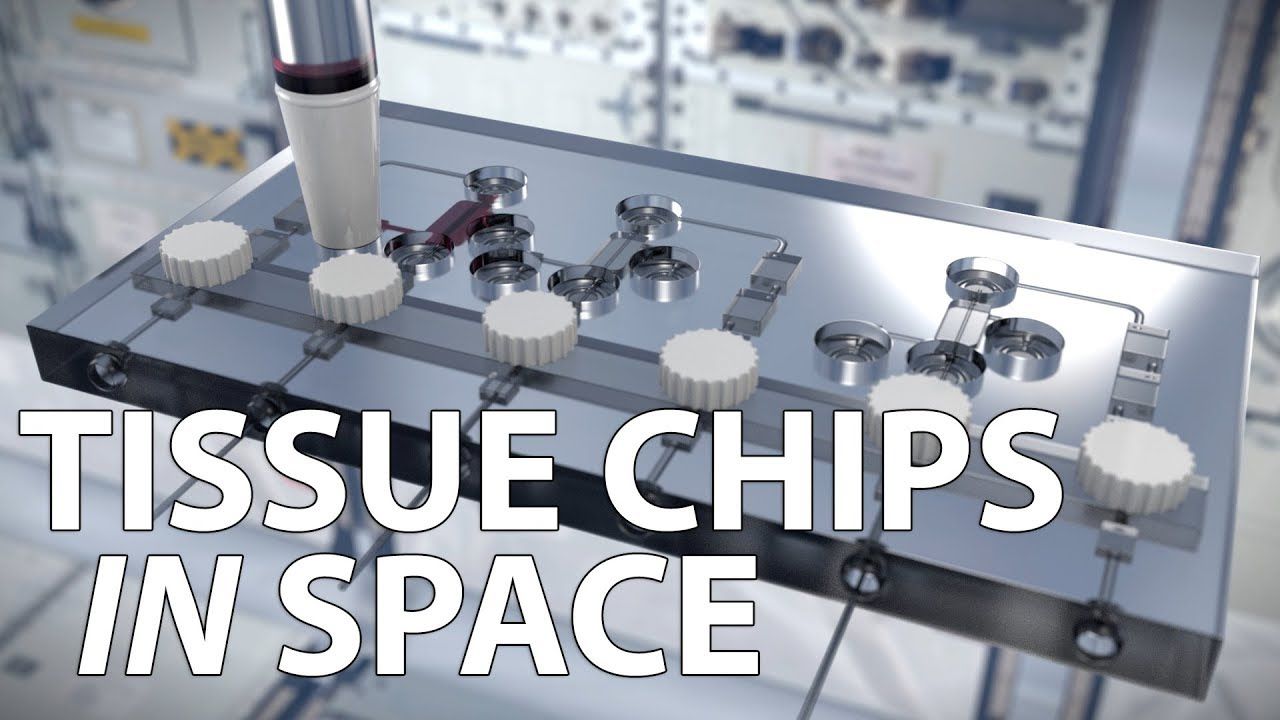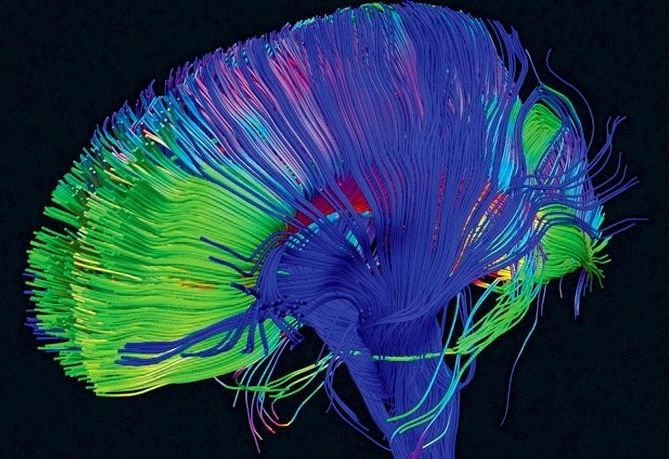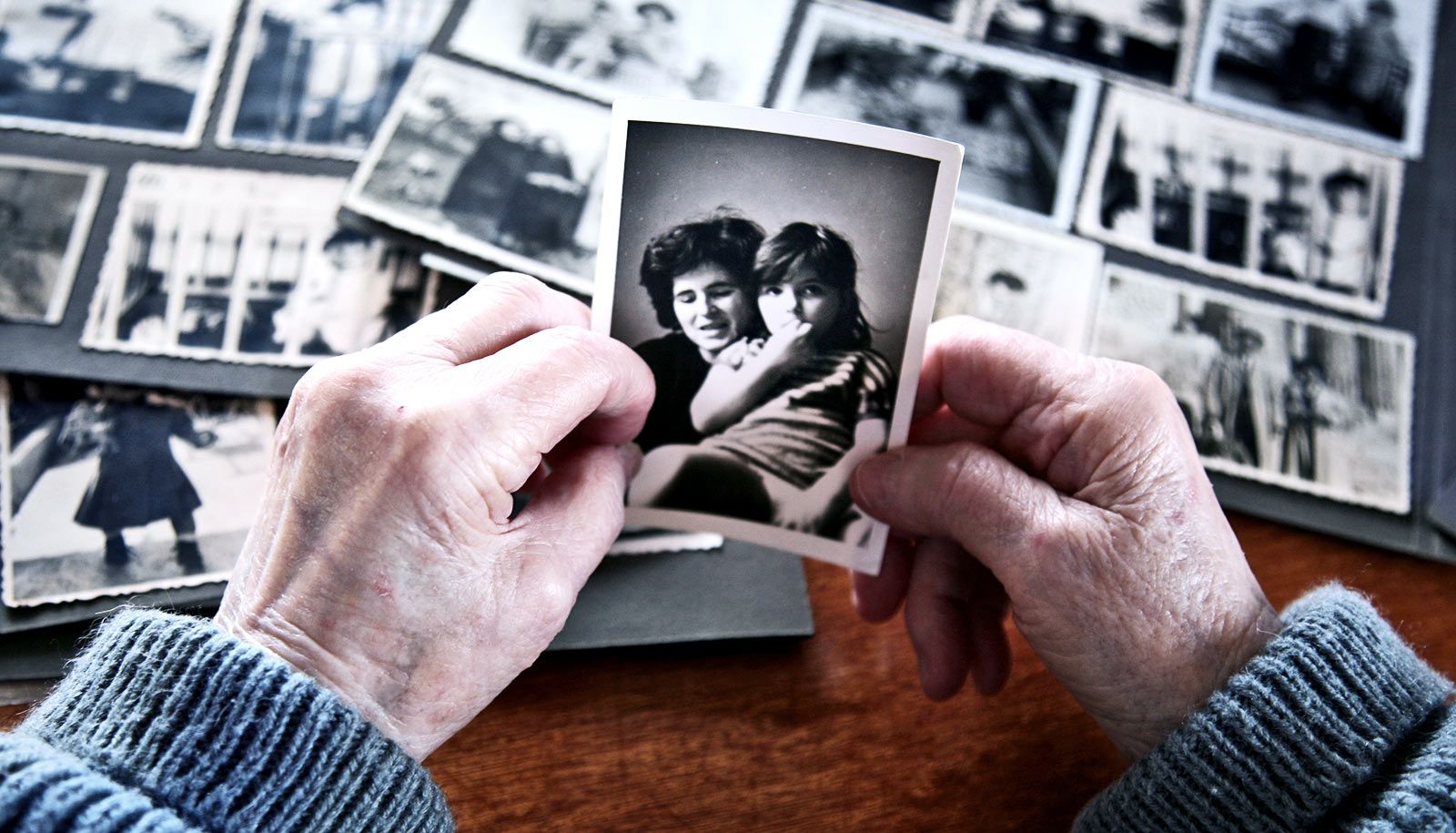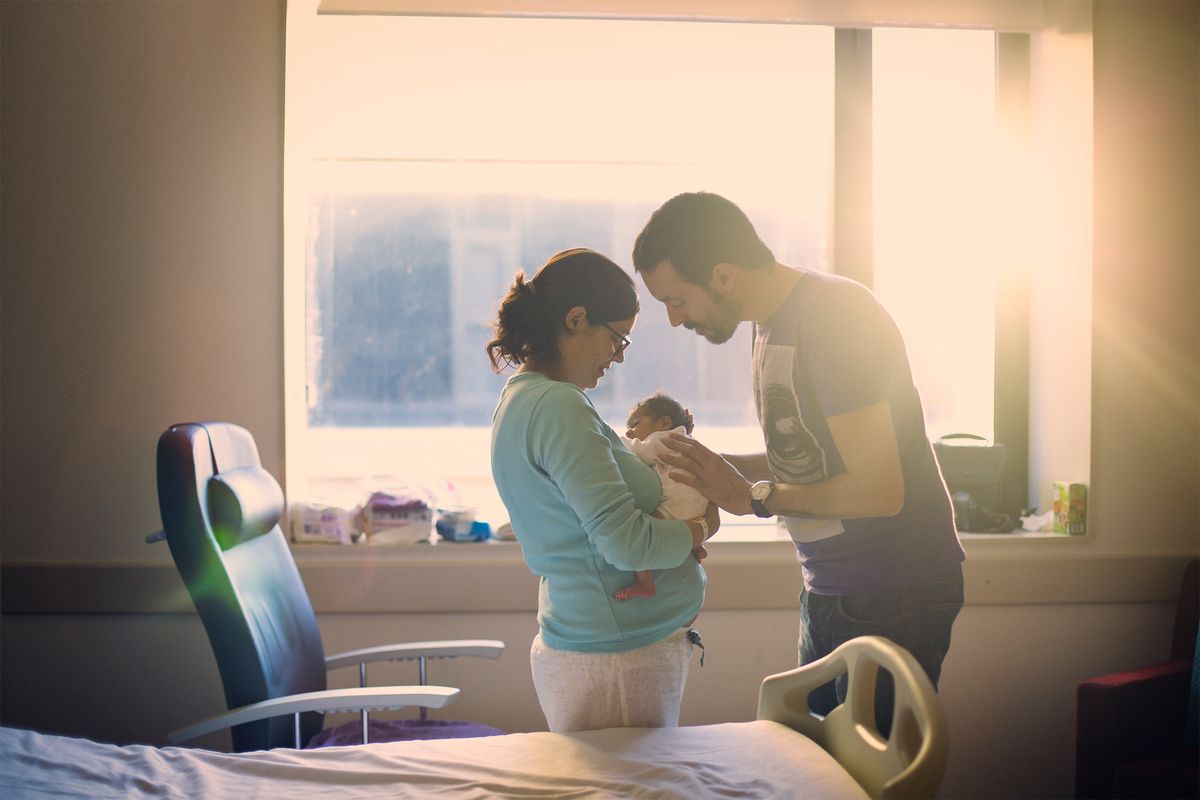A small device that contains human cells in a 3D matrix represents a giant leap in the ability of scientists to test how those cells respond to stresses, drugs and genetic changes. About the size of a thumb drive, the devices are known as tissue chips or organs on chips.
A series of investigations to test tissue chips in microgravity aboard the International Space Station is planned through a collaboration between the National Center for Advancing Translational Sciences (NCATS) at the National Institutes for Health (NIH) and the Center for the Advancement of Science in Space (CASIS) in partnership with NASA. The Tissue Chips in Space initiative seeks to better understand the role of microgravity on human health and disease and to translate that understanding to improved human health on Earth.
“Spaceflight causes many significant changes in the human body,” said Liz Warren, associate program scientist at CASIS. “We expect tissue chips in space to behave much like an astronaut’s body, experiencing the same kind of rapid change.”









